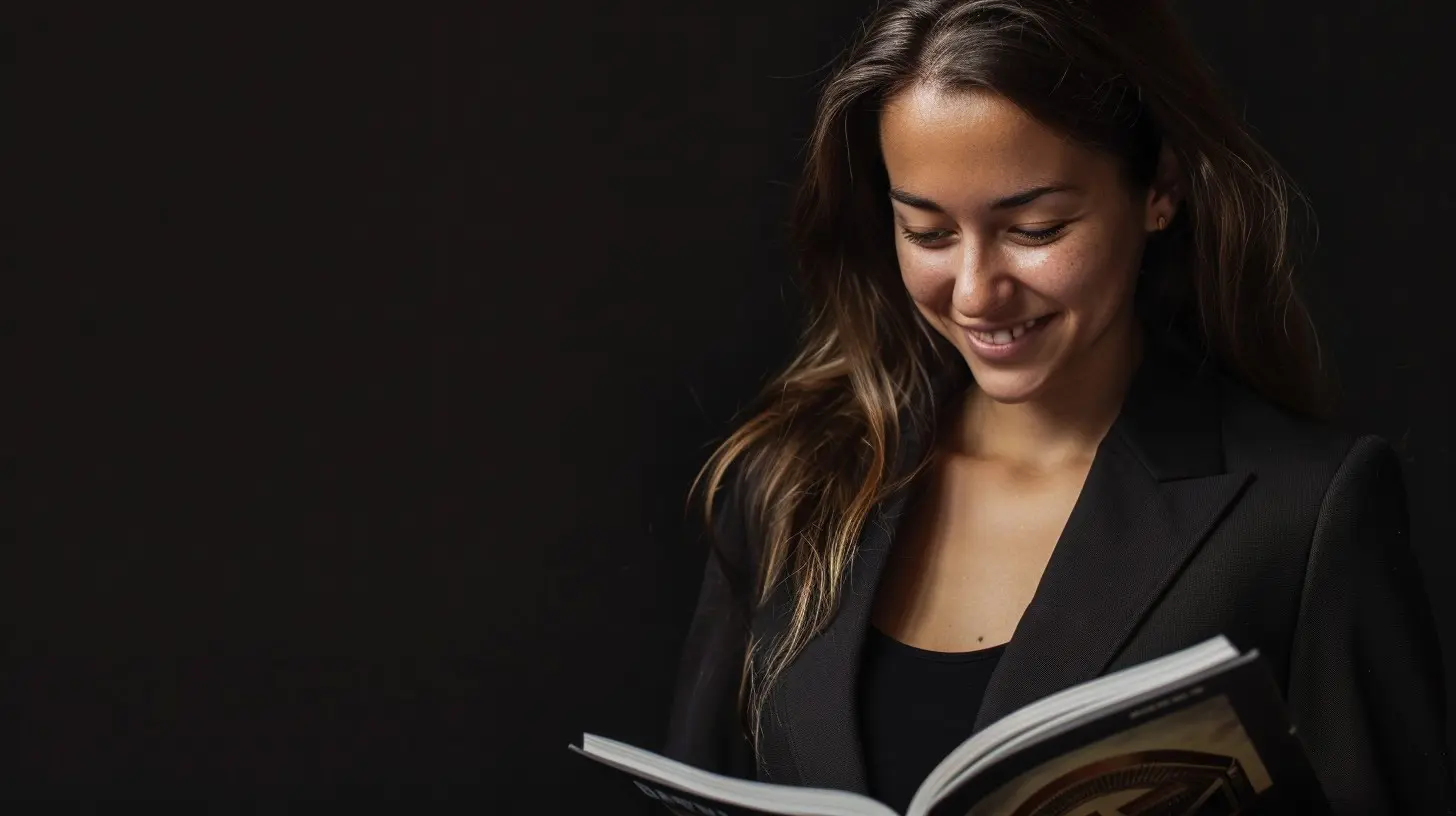What Are Solar Eclipse Glasses?
A solar eclipse is one of nature’s most breathtaking spectacles, but it also presents significant risks to our eyes. As the moon moves between the Earth and the Sun, it can momentarily block the Sun’s rays, creating a surreal, dramatic effect in the sky. However, looking directly at this rare event without proper protection can cause serious eye damage. The solution? Solar eclipse glasses. These specially designed glasses are essential for safely viewing a solar eclipse without risking permanent damage to your eyes. In this article, we’ll explore what solar eclipse glasses are, why they are important, and how to choose the right pair for your viewing experience.
Solar eclipse glasses are eyewear equipped with special filters designed to block out harmful ultraviolet (UV) rays, infrared radiation, and intense visible light from the Sun. These glasses enable individuals to safely view the solar eclipse without exposing their eyes to the intense brightness of the Sun, which can cause retinal burns, permanent blindness, or other forms of eye damage. The lenses used in these glasses are typically made of materials that filter out nearly all of the Sun’s harmful radiation, allowing you to look directly at the event without harm.
The darkened lenses of solar eclipse glasses are made from either black polymer or a specially coated optical material, such as aluminized Mylar. These materials reduce the sunlight intensity to a safe level for the human eye. In fact, the sunglasses used in everyday life are not enough to protect your eyes during a solar eclipse. The Sun’s rays can still penetrate regular sunglasses, causing damage to the retina, even if the eclipse is partially obscured.
Why Are Solar Eclipse Glasses Important?
The primary reason solar eclipse glasses are crucial is to prevent eye damage. Looking at the Sun directly, even for a short period, can be harmful. During a solar eclipse, the bright disk of the Sun is momentarily covered by the moon, but the outermost part of the Sun (the corona) is still visible and intensely bright. This light can cause severe damage to the retina, a condition known as solar retinopathy.
Solar retinopathy occurs when the retina absorbs too much sunlight, damaging the light-sensitive cells that help process visual information. The damage may not be immediately noticeable, but it can lead to permanent vision impairment. Symptoms of solar retinopathy include blurry vision, the appearance of dark spots in the field of vision, and difficulty seeing details.
How Solar Eclipse Glasses Protect Your Eyes
Solar eclipse glasses work by reducing the amount of light that enters your eyes. The filters block out the majority of visible light and completely block harmful ultraviolet and infrared radiation. The result is a significantly darker view of the Sun, which allows you to safely observe the eclipse without damaging your eyes.
These glasses provide a very dark view of the Sun—so dark that you can’t see the Sun’s details, like sunspots or solar flares, unless you are using the glasses. The eclipse glasses are engineered to block out 99.999% of sunlight, ensuring that only a safe amount of light reaches your retina. This is crucial because even a brief, unprotected glance at the Sun can cause irreversible damage. The filters used in solar eclipse glasses are tested to meet specific safety standards, such as those outlined by the International Organization for Standardization (ISO) 12312-2, which is a standard for solar viewing.
How to Choose the Right Solar Eclipse Glasses
When selecting solar eclipse glasses, it’s vital to ensure that they meet the necessary safety standards. Not all eclipse glasses are created equal, and some counterfeit products have been found to pose serious risks to eye health. Here are a few guidelines to help you choose the right pair of solar eclipse glasses:
- Certification: The most important factor when buying solar eclipse glasses is to look for a certification label. The glasses should meet the ISO 12312-2 safety standard for direct solar viewing. This standard guarantees that the glasses will block harmful UV, infrared, and visible light. Ensure the glasses are marked with this certification and that they include the ISO number on the packaging or the glasses themselves.
- Brand Reputation: Stick with reputable manufacturers who have been tested and approved by safety organizations. Well-known brands in eclipse viewing products will have undergone rigorous safety testing to ensure their glasses meet necessary standards.
- Condition of Glasses: Always check the condition of your eclipse glasses before use. Even a small scratch or tear in the lenses can render them unsafe for solar viewing. The lenses should be intact and free of any holes, punctures, or other damages that may compromise their ability to filter light properly.
- Avoid Homemade Filters: Never use improvised filters, such as CDs, DVDs, or heavily tinted sunglasses. These materials do not meet safety standards and can cause eye damage during an eclipse.
- Avoid Using Regular Sunglasses: Regular sunglasses, even if they are labeled as “UV protection,” are not sufficient for safely viewing a solar eclipse. They are not designed to filter out the harmful levels of radiation produced by the Sun during an eclipse.
How to Safely Use Solar Eclipse Glasses

When using solar eclipse glasses, it’s important to follow a few safety precautions:
- Always wear the glasses when looking at the Sun: Do not remove them while you are observing the eclipse. Even a brief glance without protection can cause permanent damage to your eyes.
- Do not look at the eclipse through other devices: Don’t attempt to observe the eclipse through telescopes, binoculars, or cameras unless the device has a solar filter specifically designed for that purpose. These devices can concentrate sunlight and intensify the harmful rays, increasing the risk of eye damage.
- Supervise children: Make sure children understand the importance of wearing eclipse glasses and that they use them correctly throughout the viewing experience.
Conclusion
Solar eclipses are captivating and awe-inspiring events, but they require careful attention to safety. Solar eclipse glasses are a vital tool to ensure you can enjoy the celestial spectacle without putting your eyesight at risk. By choosing the right glasses and using them properly, you can safely witness one of nature’s most incredible phenomena and enjoy the full experience of a solar eclipse without fear of damaging your eyes. Always be sure to use certified, undamaged glasses, and never look directly at the Sun without proper protection.




